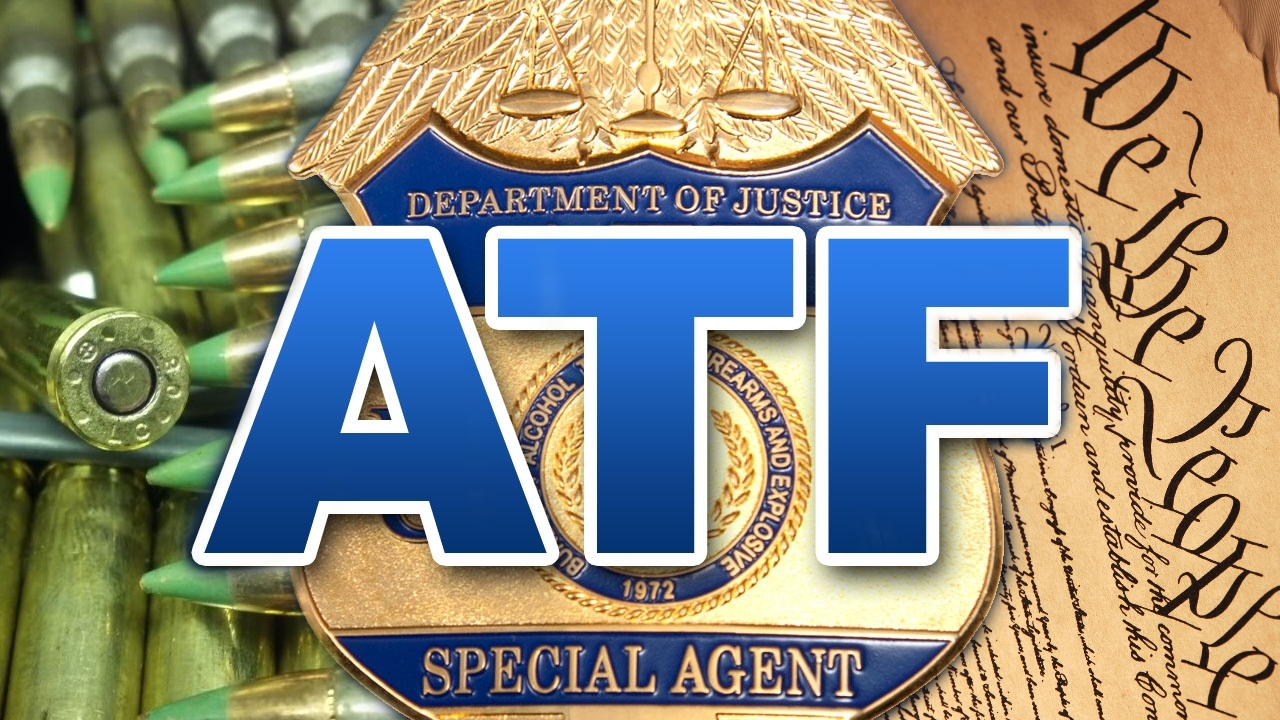American citizens will face huge fines, jail sentences if RESTRICT Act passes
04/04/2023 / By Ethan Huff

Beware of the “Restricting the Emergence of Security Threats that Risk Information and Communications Technology Act”, also known as the RESTRICT Act, because it is not what it seems.
Unveiled by Sens. Mark Warner (D-Va.) and Tom Thune (R-S.D.), S.686 supposedly aims to cut off public access to the Chinese-owned TikTok social media platform. However, if passed, the legislation will allow the government to interfere with all online services and products, if it so chooses.
Online free speech will be gone if S.686 is allowed to pass. If the government deems that any online activity helps a “foreign adversary,” then it will be allowed to unilaterally ban such activity.
“The bill, sponsored by Sen. Mark Warner (D-VA) allows the federal government to unilaterally designate any nation a ‘foreign adversary,’ ban online services and products even indirectly controlled by an entity in their jurisdiction, and then penalize Americans who conduct virtually any sort of transaction with them,” one media outlet explains about what the RESTRICT Act would do to online free speech.
(Related: The RESTRICT Act is basically an Orwellian censorship grab in disguise.)
The RESTRICT Act is a bipartisan effort to eliminate the First Amendment entirely
Anyone found to be in violation of the provisions of the RESTRICT Act would face harsh punishments. Using a virtual private network (VPN) to access TikTok in a roundabout way, as one example, would carry with it hefty fines and even jail time.
The first option for the federal government would be to impose a civil penalty of up to $250,000. The Secretary of Commerce would be allowed to decide who gets fined this amount based on transactions people make that are deemed to be in violation of the RESTRICT Act’s provisions.
Fox News host Tucker Carlson spoke all about the RESTRICT Act and what it entails during a recent segment on his show, which you can watch below:
The bill to ban Tik Tok gives enormous new powers to the federal government to punish American citizens and regulate how they communicate on the Internet.https://t.co/9Ll68ZFXXd pic.twitter.com/oNYXOIxj2h
— Tucker Carlson (@TuckerCarlson) March 28, 2023
As for what constitutes a “transaction” under the bill, the language appears to be intentionally broad and sweeping. A transaction is defined as “any acquisition, importation, transfer, installation, dealing in, or use of any information and communications technology product or service, including ongoing activities such as managed services, data transmission, software updates, repairs, or the provision of data hosting services, or a class of such transactions,” as well as “any other transaction, the structure of which is designed or intended to evade or circumvent the application of this Act.”
Depending on the nature of a violative transaction, the federal government would be allowed to fine a person anywhere from $250,000 to $1 million. There is also the potential for jail sentences of up to 20 years, depending on the nature of the transactive “crime.”
“The uniparty wants more power to control what we do and see,” tweeted Donald Trump Jr. about the bipartisan legislation, which echoes back to the power grab that took place following 9/11 via the PATRIOT Act.
“And now we’re going to give the Biden goons the ability to throw us in jail for 20 years if they decide we’re in violation of this craziness? No thanks.”
State Freedom Caucus Network (SFCN) communications director Greg Price also commented on the legislation, calling it “absolutely terrifying.”
“It gives the government the ability to go after anyone they deem as a national security risk at which point they can access everything from their computer to video games to their ring light.”
The latest news about the RESTRICT Act can be found at Censorship.news.
Sources for this article include:
Submit a correction >>
Tagged Under:
big government, Big Tech, Censorship, conspiracy, deception, deep state, fines, First Amendment, free speech, freedom, Glitch, jail, Liberty, Restrict Act, Social media, speech police, Tyranny
This article may contain statements that reflect the opinion of the author
RECENT NEWS & ARTICLES
COPYRIGHT © 2018 DECEPTION.NEWS
All content posted on this site is protected under Free Speech. Deception.news is not responsible for content written by contributing authors. The information on this site is provided for educational and entertainment purposes only. It is not intended as a substitute for professional advice of any kind. Deception.news assumes no responsibility for the use or misuse of this material. All trademarks, registered trademarks and service marks mentioned on this site are the property of their respective owners.



















